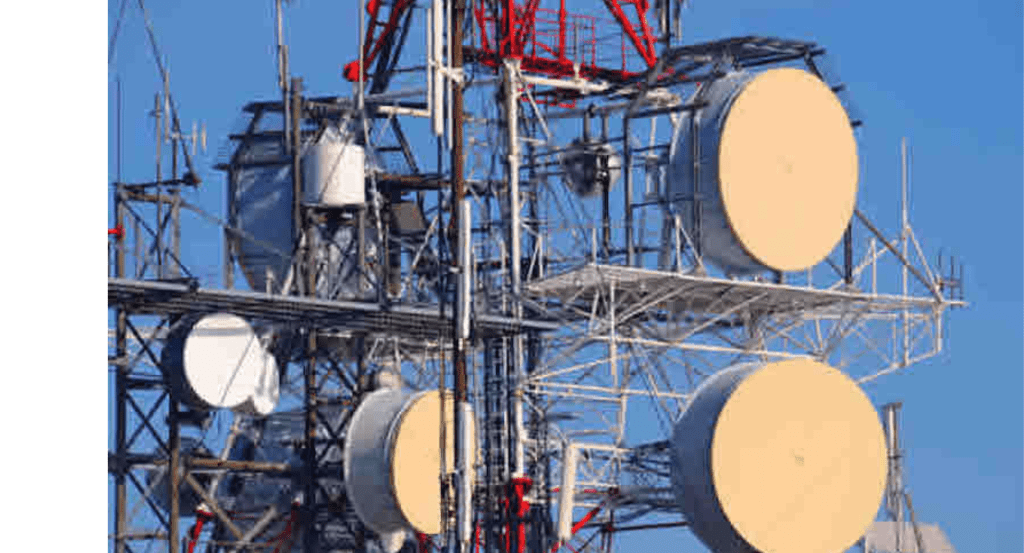The Nigerian Labour Congress (NLC) has come under scrutiny for its decision to embark on a nationwide strike in protest against the recent hike in telecommunications tariffs. While labour leaders argue that the increase is unjust and burdensome for Nigerians, industry stakeholders have described the strike as misguided, emphasizing the economic realities behind the tariff adjustment.
Telecommunications companies, under the Association of Licensed Telecommunications Operators of Nigeria (ALTON), have defended the tariff hike, citing rising operational costs, inflation, and forex fluctuations as key factors. ALTON has also assured Nigerians that service quality will improve within the next three months, addressing longstanding concerns over network reliability.
Meanwhile, the House of Representatives and the Nigerian Communications Commission (NCC) have urged the NLC to reconsider its planned protest, warning that disrupting telecom operations could have serious economic consequences. The lawmakers argue that the hike is a necessary adjustment for the sustainability of the sector and have called for dialogue instead of industrial action.
Despite these appeals, the NLC remains resolute in its stance, maintaining that the tariff increase will further strain consumers already struggling with high living costs. Labour leaders insist that telecommunications services are essential and should remain affordable to all Nigerians.
With telcos set to fully implement the new tariffs in the coming weeks, tensions between labour unions, regulators, and telecom operators continue to escalate. The outcome of this standoff could shape future policy decisions regarding telecom pricing and consumer protection in Nigeria.






















